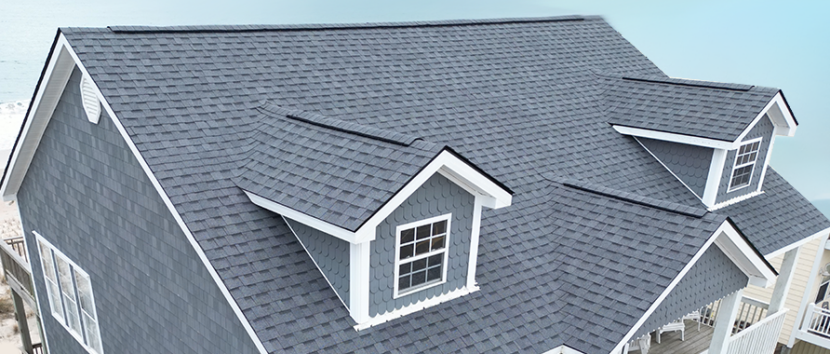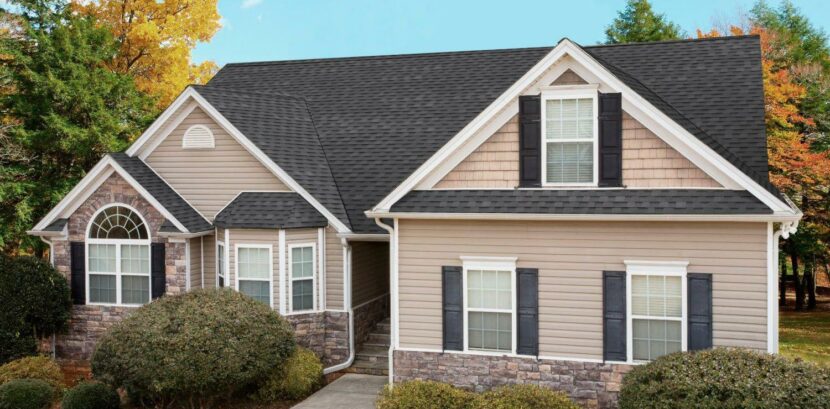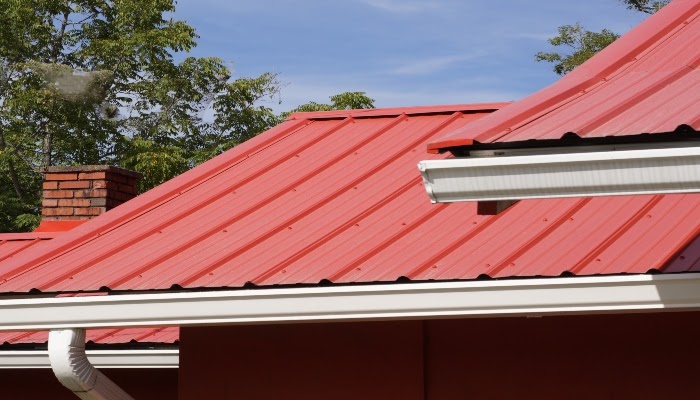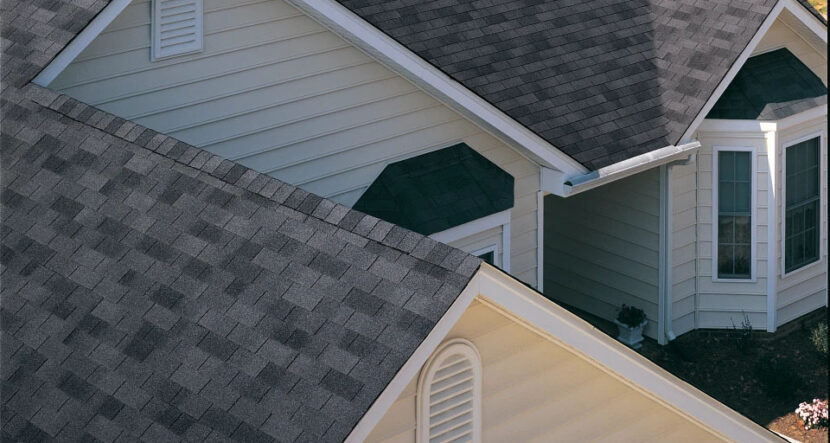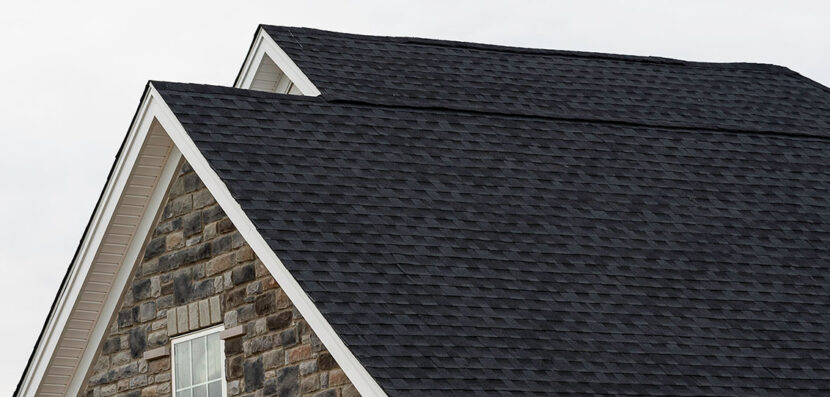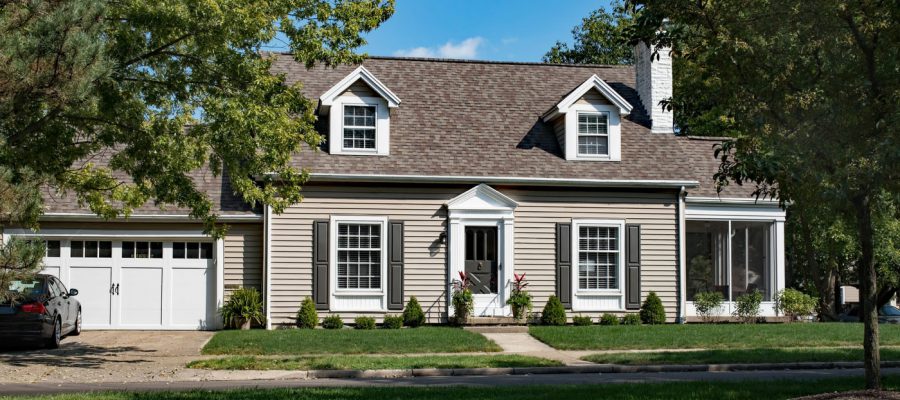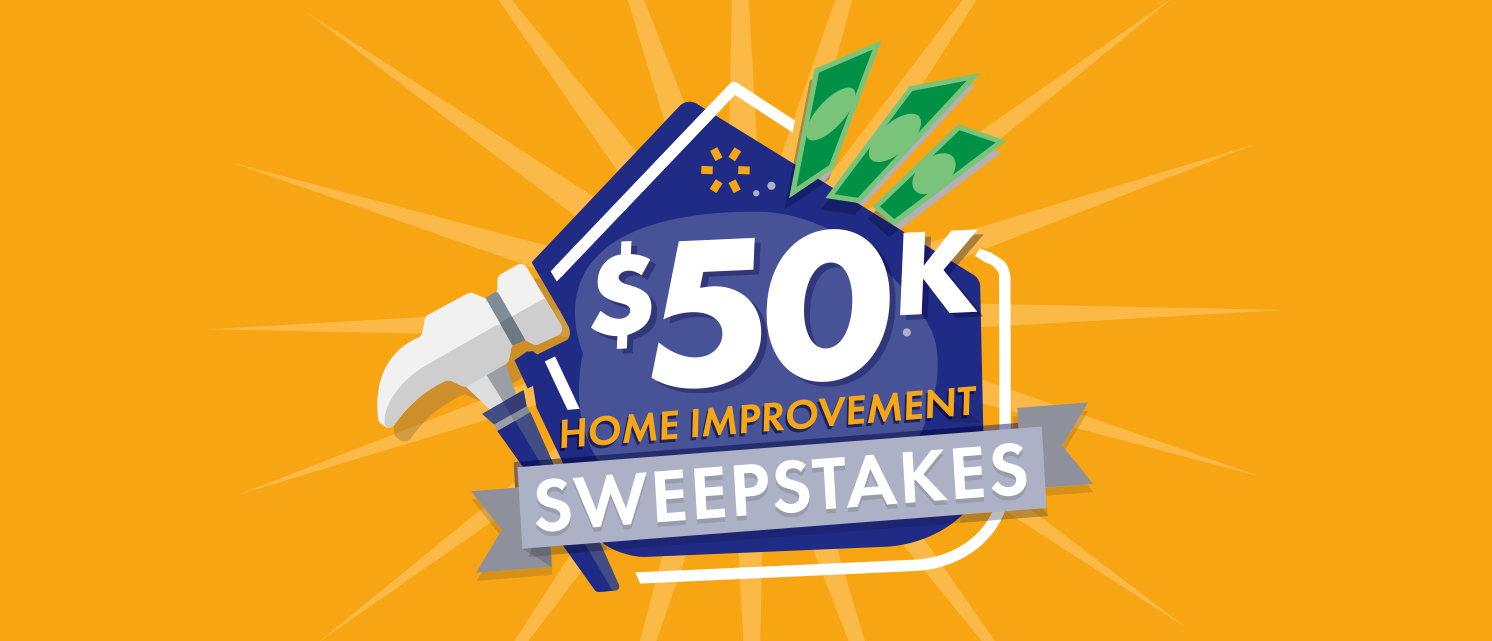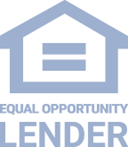How to Avoid Roofing Scams

In late 2020, Tennessee police charged local roofing contractor, Fred Emmett Holder, with felony theft. Holder had an impressive work pedigree in the roofing sector, but by the date of his arrest, he’d stolen over $10,000 from the very market he had once served. This kind of fraud isn’t as scarce as you might think. Subcontractor fraud accounts for six percent of all annual industry revenue, and even the military is falling victim. Many fraudsters have a list of certifications and licensing behind their names, so it’s difficult to see past their camouflage. There are a few signs to watch out for, though.
Rigging and Corruption
Bid rigging accounts for 42% of all construction industry fraud cases. Kickbacks and quid pro quo exchanges are notoriously easy to carry out, yet few homeowners even recognize it for what it is: fraud. A kickback is a bribe that contractors earn for swaying bids.
It can also include payouts for insurance waivers in the form of roofing company insurance scams. If your roofer offers to relinquish your deductible in exchange for a financial reward, your next stop could be your local prison. If your roofer is willing to falsify your insurance claims or you notice that suppliers have refused to tender for no apparent reason, you might be a victim of corruption. Collecting a wide selection of bids can help you to identify the unusual pricing that’s so common in bid rigging.
Storm Chaser Scams
The Disaster Fraud Task Force prosecuted more than 1, 300 disaster fraud cases in the wake of Hurricane Katrina, but storm chaser scams don’t always follow headline events. They usually travel from state to state chasing severe weather events, preying on you at your weakest moment. Natural disaster fraud schemes target homeowners in several different ways:
- Legitimate or faux roofing companies steal funds by delivering unfinished or sloppy repairs.
- Contracting companies engage in price gouging, inflating their prices at a time when survivors are desperate.
- Scammers pocket donations that they’ve claimed to solicit for charity.
Almost 4, 000 fraudulent contracting websites were launched after Hurricane Katrina, so today’s storm chasers operate online even more often than they do in a brick-and-mortar environment. Disaster scams come with a few red flags. Look for:
- Temporary offices or P.O. Box addresses
- Foreign phone numbers and car license plates
- A lack of local references
- An insistence on upfront payments
- Unsolicited sales calls
- Websites that have appeared in the wake of a disaster
- Sales pressure.
If you’ve just experienced a bad weather event, The Better Business Bureau can help you to identify storm chasers. Fraudulent roofers quickly wear down their AAA+ rating to reports of over-pricing, shoddy repairs, and paid work that’s never delivered.
Many scammers have turned to the internet to fish for victims, so scams often follow spam. If a business is sending out thousands of solicitations, the Moz toolbar will keep you informed while simultaneously identifying unestablished roofing websites.
Billing Schemes
Almost half of all construction industry fraud cases involve bid-rigging. This form of fraud involves the collusion of competing companies during the bidding process. It’s an intentional manipulation of the free market system, so it’s seen as anti-competitive. It’s prosecuted as a crime by the Antitrust Division, so if you notice the signs, always report them. You might be a victim if:
- Roofing suppliers seem to be sharing contracts or winning tenders in turns
- There’s an obvious relationship between bidders
- You notice non-competitive bids that are too high to win support
- Offered terms would be unacceptable to the procuring authority.
Bid rigging thrives in noncompetitive environments, so narrow markets and small towns are easy targets.
Roof Inspection Scams
When bad weather struck Texas in April 2021, homeowners reported several free roof inspection scams that identified damage that didn’t exist. Like storm chasers, these fraudsters operate under generic business names, travelling from one bad weather event to another. Short expiration dates and histories are a red flag in this particular niche, so identify shell companies with a domain age tool like “WhoIs”.
Are Roof Inspections Free?
Free inspections are the mainstay of the roofing industry, so they’re not a red flag in their own right. You can avoid roof inspection schemes by being wary of unsolicited services. It’s best to use a trusted roofing company or your insurer.
Other Ways to Avoid Roof Insurance Scams and Fraud
Many roofing scams are operated by certified roofers, so those impressive licenses aren’t enough. It’s best to research any company you hire, even when they seem to be offering free services. Read the small print and never pay upfront. Your best fraud identification tool is a healthy dose of skepticism. It will serve you no matter how complex roofing fraud becomes.
Need help with a roofing project? Contact 1-800-HANSONS for a free estimate.
Get a Free Estimate Today
60% off installation. Special financing available. See details.

